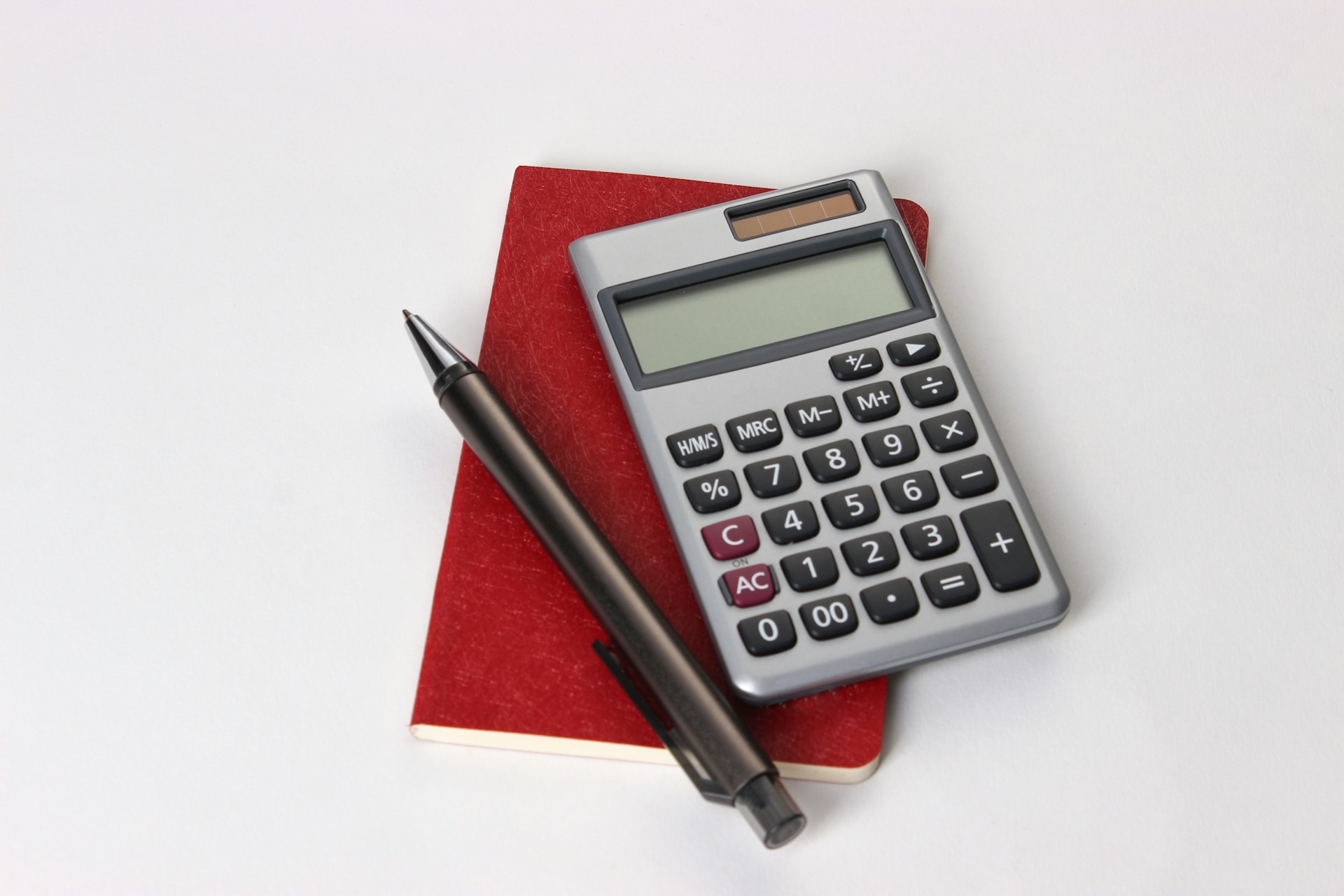In Ghana, many small and local businesses operate successfully without proper bookkeeping—until something goes wrong. Whether it’s an unexpected tax audit, a cash shortfall, or a missed investment opportunity, poor record-keeping can cost a business more than money.
Keeping good financial records is not just for “big companies”. Whether you’re selling waakye by the roadside, managing a boutique in Madina, or distributing goods across regions, having a system to track your income and expenses is a smart, profitable move.

Why Financial Record-Keeping Matters
- Track Your Profitability
Without records, you can’t tell if your business is actually making a profit or just circulating cash. Knowing your actual profit helps you make better pricing, investment, and spending decisions. - Stay Tax Compliant
GRA (Ghana Revenue Authority) requires businesses to file taxes. Good bookkeeping gives you evidence to file accurately, avoid penalties, and even qualify for tax exemptions or rebates. - Secure Loans or Investment
No bank, investor, or grant body will fund a business that has no clear financial records. Bookkeeping gives your business credibility and opens doors for growth. - Prevent Fraud and Waste
A simple system helps you spot irregularities early—like disappearing inventory, overpayments, or underreported sales. - Plan for the Future
You can’t plan growth, expansion, or new hires if you don’t know what you’re working with. Records show you trends, seasonal patterns, and areas for improvement.
In our next chapter, we will be looking at some best bookkeeping practices for Ghanaian businesses. Stay Connected!







